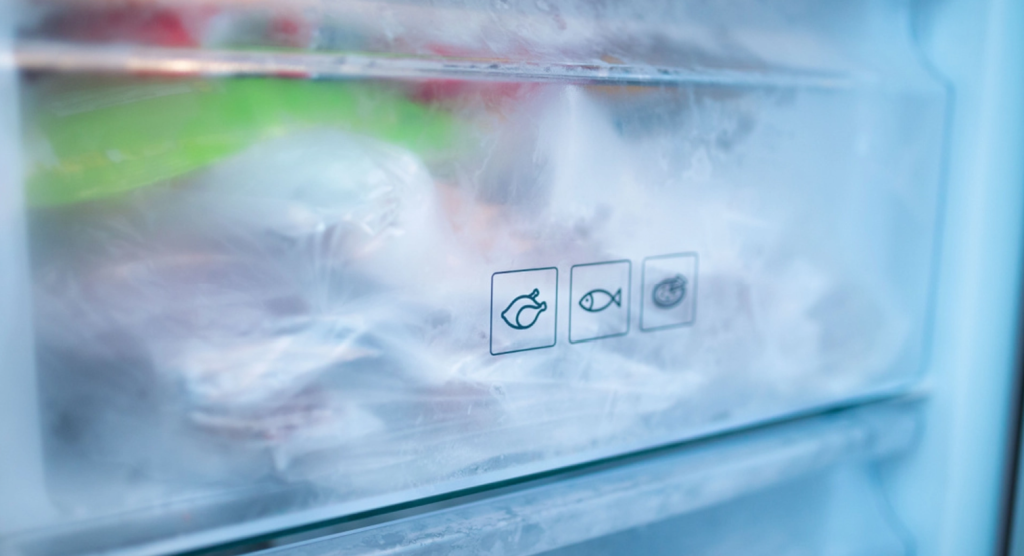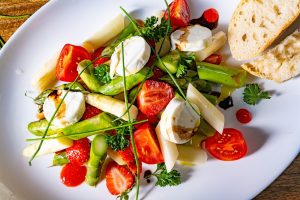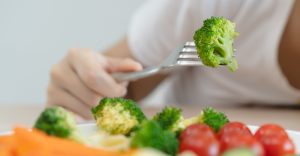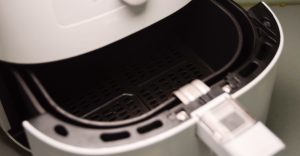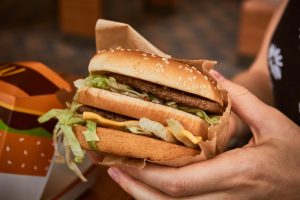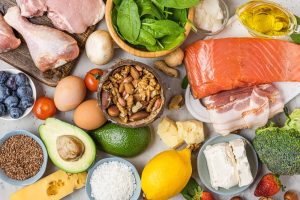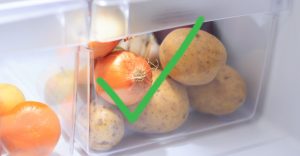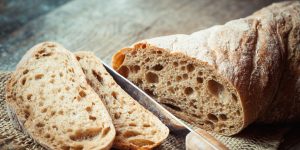15 foods that you should never put in your freezer.
Others are reading now
It’s almost magical how freezing food can preserve it for much longer than usual. However, not all foods are suitable for the freezer. Freezing can ruin their texture, taste, and overall quality.
Here are 15 foods you should avoid freezing.
Watery Vegetables
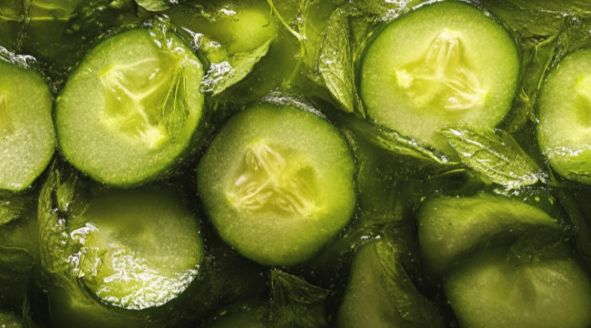
Vegetables like cucumbers, lettuce, and raw tomatoes contain a lot of water. Freezing forms ice crystals that break down their cell walls, leaving them mushy and watery after thawing.
Soft Cheeses
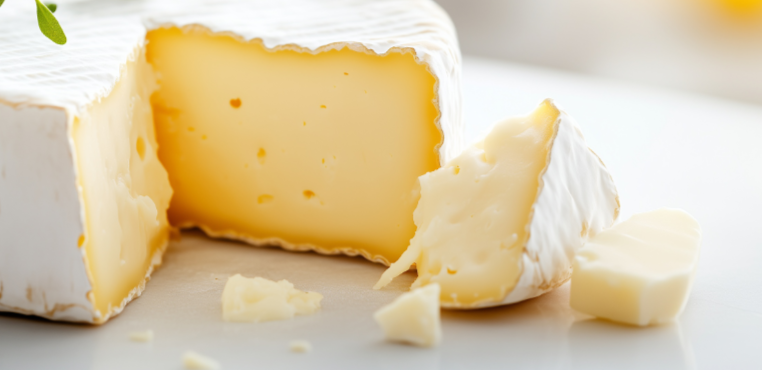
Soft cheeses such as ricotta, feta, and brie have a high water content. Freezing them can lead to a crumbly and unappetizing texture when defrosted.
Also read
Cream-Based Products
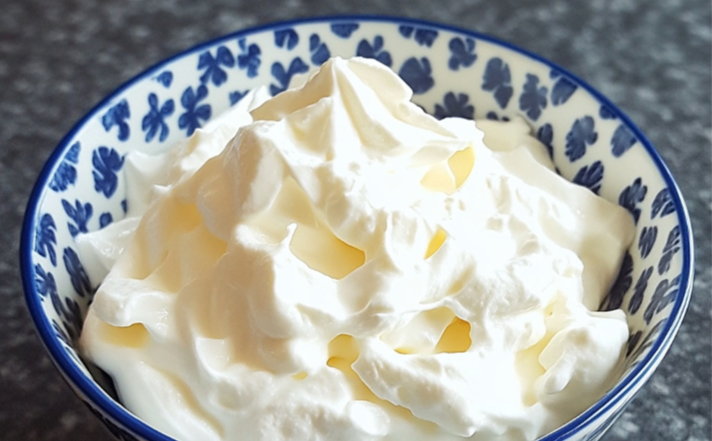
Items like cream and cream cheese tend to separate and become watery after freezing. The emulsions break down, affecting both texture and flavor.
Mayonnaise and Dressings
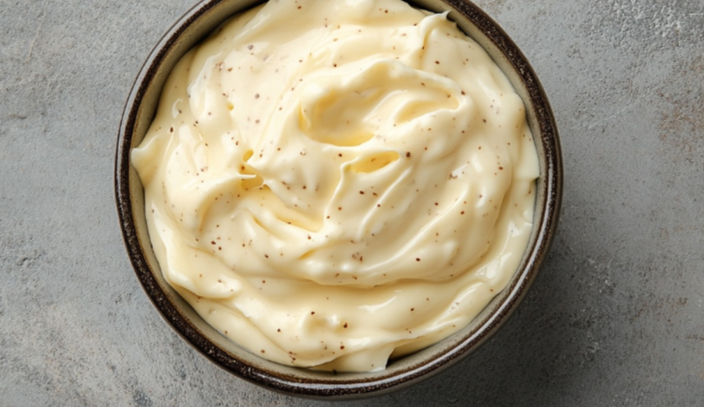
Freezing mayonnaise or emulsified dressings can cause them to split, resulting in an oily and clumpy consistency once thawed.
Whole Raw Eggs
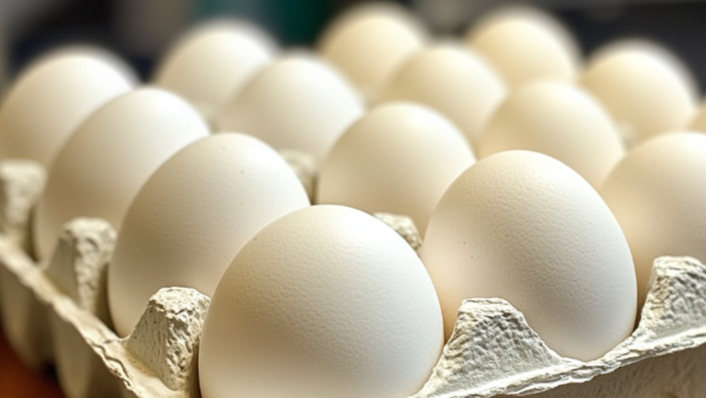
Freezing eggs in their shells can cause the liquid inside to expand, cracking the shell. The yolk also becomes thick and gel-like, making it unsuitable for many recipes.
Cooked Pasta and Rice
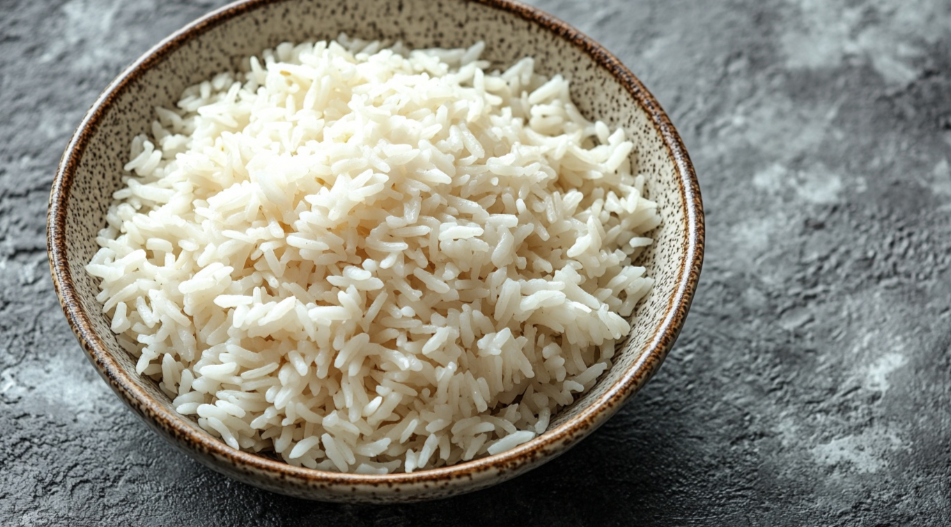
Cooked pasta and rice lose their original texture after freezing. They often become mushy and less enjoyable to eat when reheated.
Watery Fruits
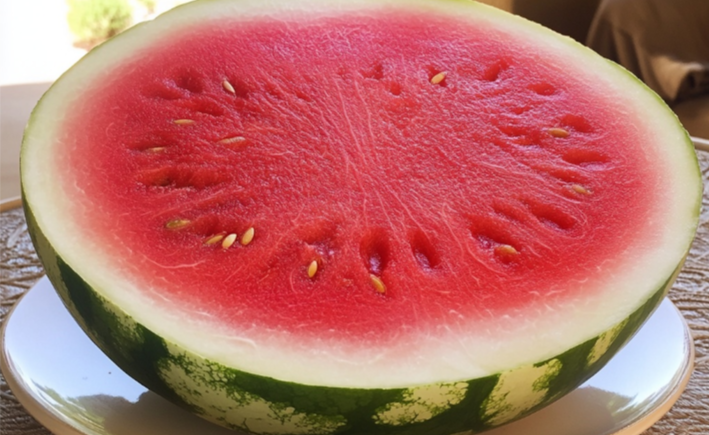
Fruits like watermelon and citrus fruits have high water content. When frozen, their structure collapses, resulting in a soggy and unappetizing texture.
Fried and Breaded Foods
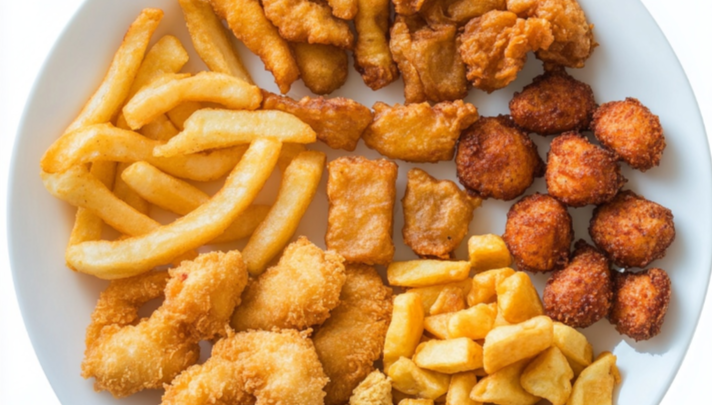
Freezing fried or breaded items makes them lose their crispness. When reheated, they often become soggy and far less appetizing.
Gelatin-Based Desserts
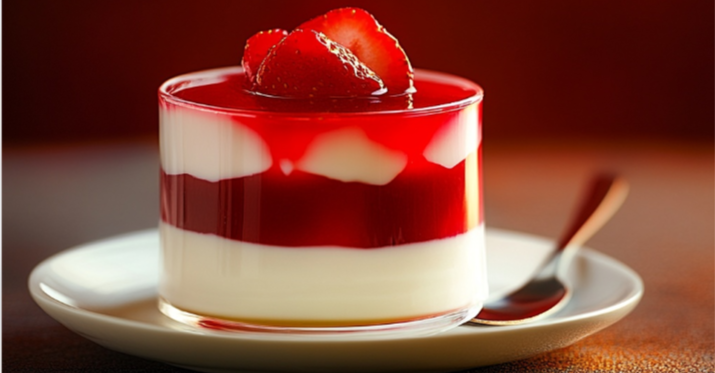
Gelatin loses its structure when frozen. Desserts like jelly or panna cotta become watery and lose their firm consistency after thawing.
Marshmallows
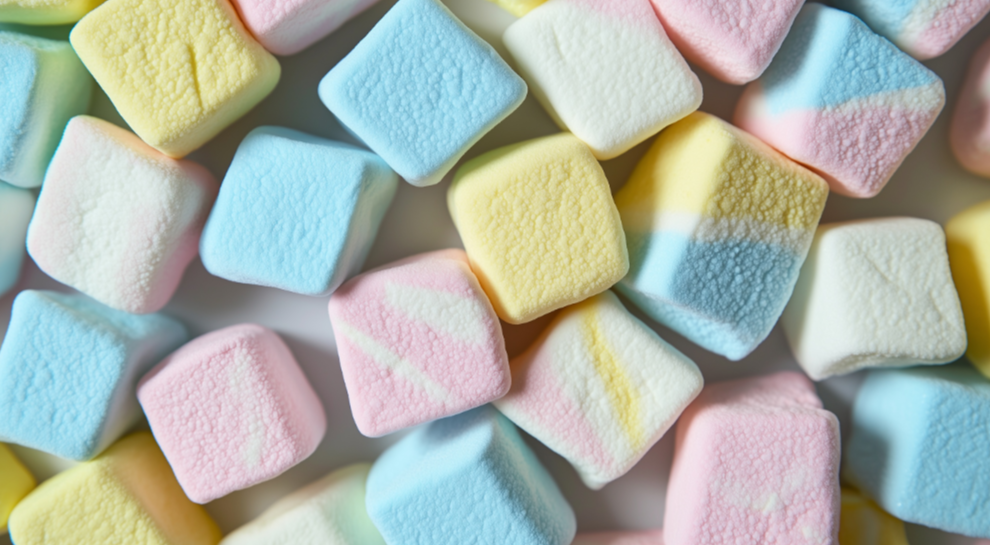
Marshmallows become sticky and lose their airy texture when frozen. They don’t recover well after thawing, making them unsuitable for freezing.
Spicy Dishes with Certain Spices
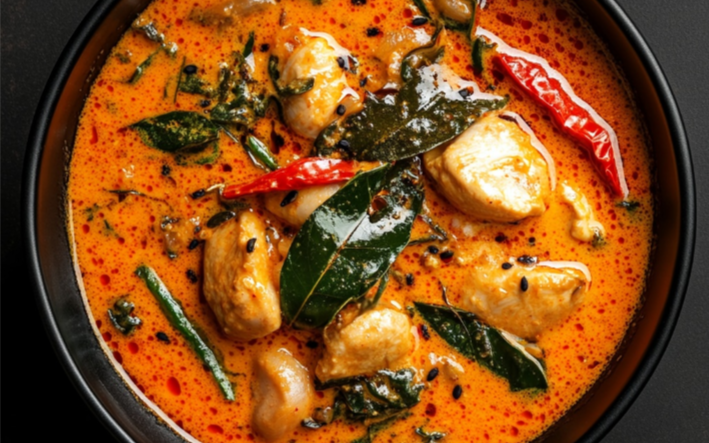
Spices like paprika, curry, and cloves can change flavor during freezing. This can alter the overall taste of the dish when thawed.
Frosting and Icing
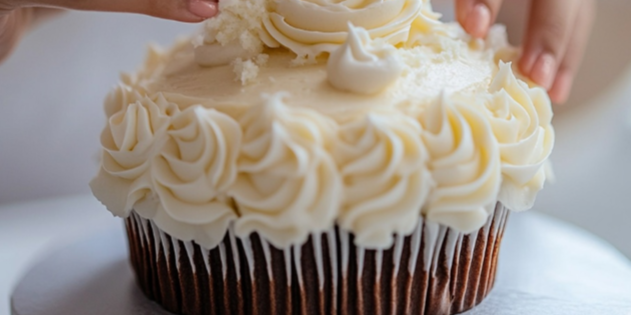
Frosting made with egg whites or sugar tends to become grainy and unappealing after freezing. It can also separate and lose its visual appeal.
Raw Potatoes
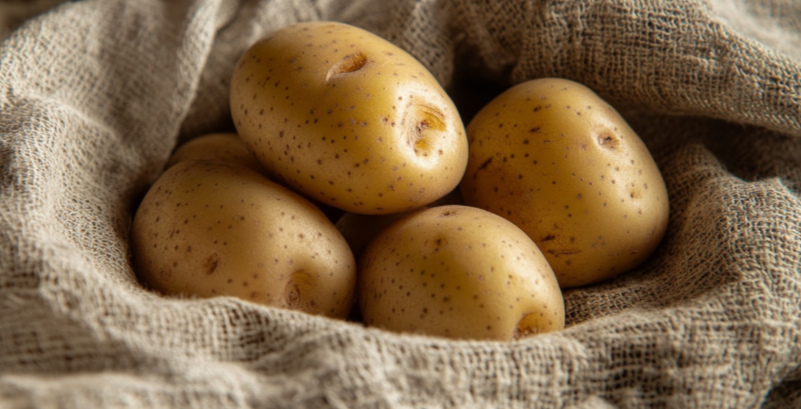
Freezing raw potatoes changes their texture and flavor. The starch turns into sugar, making them taste sweet and feel grainy after thawing.
Garlic
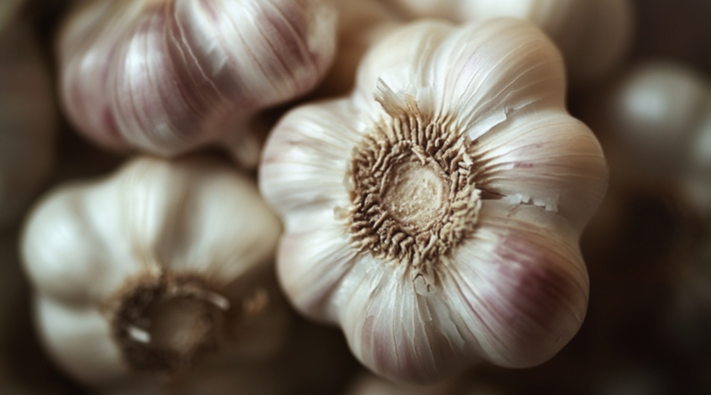
Garlic loses its characteristic aroma and flavor when frozen. It becomes soft and watery, making it less effective in cooking.
Hard Cheeses
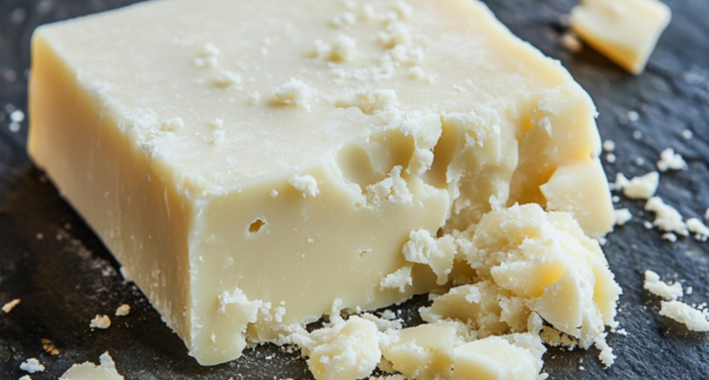
Hard cheeses like Parmesan can become crumbly and lose some of their flavor after freezing, making them less enjoyable to eat as-is.

